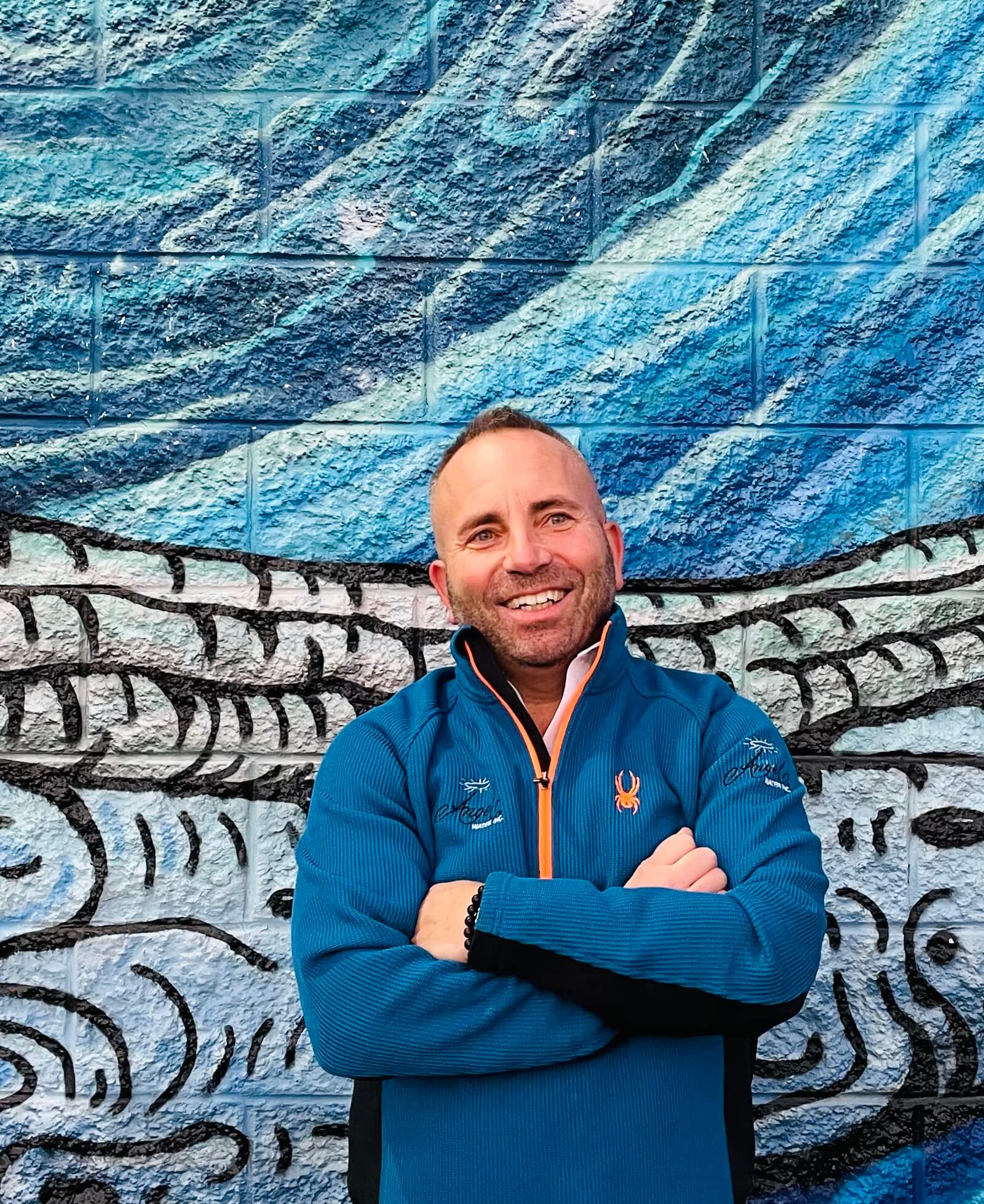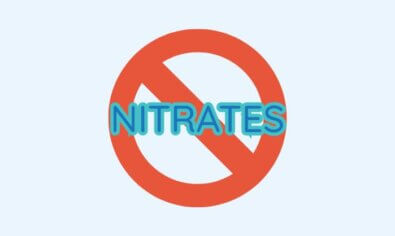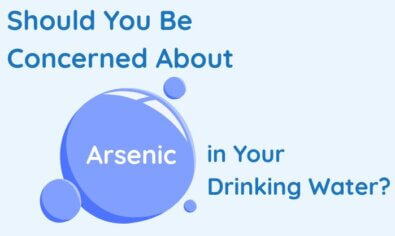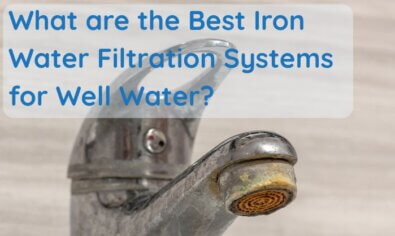Why Licensed Plumbers Should Install All Water Treatment Products
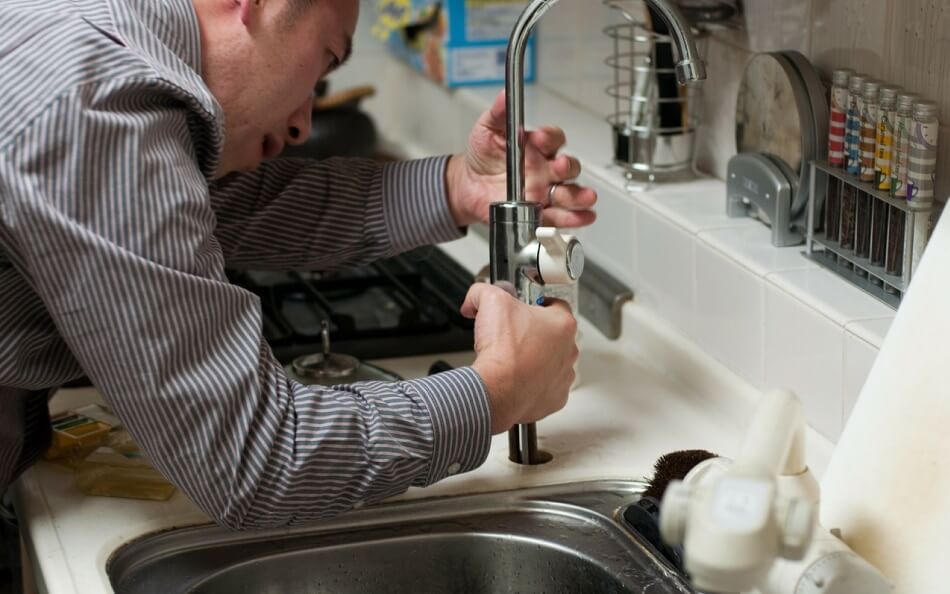
Water Treatment Products Like Water Softeners Demand Professional Installation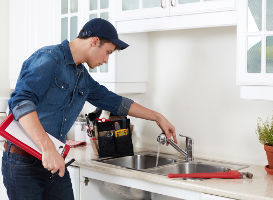
Is saving a few bucks worth the risk of ruining your health for the rest of your life? We definitely don’t think so, but that’s the choice many people make when they choose to have water treatment equipment including water softeners installed in their homes by non-licensed plumbers.
Hiring an unlicensed plumber for a new building can result in an inspector not letting you move in, and improper installation of water treatment equipment can contaminate your drinking water and cause serious long-term illness.
Keep reading for a breakdown of the plumbing codes and why you should always hire a licensed plumber to install any water treatment product, including water softeners.
For a broader overview of water softeners, read our complete guide here.
What Codes Do Water Treatment Products Have to Meet?
According to the Illinois Department of Public Health (ILDPH)’s plumbing code, plumbing includes plumbing appliances, plumbing appurtenances, and plumbing fixtures. What do these terms mean?
- * A plumbing fixture moves water into our out of a system, like a faucet or drain.
- * A plumbing appurtenance is any accessory “which demands no additional water supply, nor adds any discharge load to a fixture or the drainage system,” such as a gauge or relief valve.
- * Finally, a plumbing appliance is defined as, “A special class of plumbing fixture intended to perform a special function. This term includes water heaters, water coolers, drinking fountains, and heat exchanger and water treatment equipment other than water softeners.”
Why are water softeners excluded from plumbing appliances? Well, they actually aren’t. We’ll get back to that later—first let’s look at the ground rules for water appliances in general.
According to the plumbing code, “A plumbing system or any part thereof shall not be enclosed, covered up or used until the system has been inspected and approved by a plumbing inspector. It is the responsibility of the licensed plumber or plumbing contractor on the job to arrange for inspection by the Department or a local plumbing inspector… A plumbing system not complying with the provision of this Part shall not be used until such time as it is brought into compliance with this Part.”
What this means is that legally, you can’t connect the water system of your new building to the water and sewer lines until a plumber has arranged for an inspector to come approve the system. So, what does it take to get approval?
- First, all appliances, appurtenances, and fixtures need to be designed and manufactured to standards set for each specific type of device.
- Second, all appliances need to be installed by licensed plumbers.
What Codes Do Water Softeners Have to Meet?
The Department of Public Health’s plumbing code details the standards for water treatment products in Appendix A of the plumbing code. This section lists all approved water treatment appliances, appurtenances, and fixtures, including water softeners.
Anything that moves or stores water qualifies as a water treatment appliance, appurtenance, or fixture, and has to meet ILDPH codes. This means that even for things as simple as copper pipes or waste vents, you can’t buy cheap brands that haven’t been approved when building a new home. Otherwise, the building inspector won’t let you move in. Imagine going through all the trouble to build a home and then not being able to move in because you bought some cheap imported plumbing fixtures!
If you take a look at Appendix A and go to the entry for water softeners, you’ll see that the ILDPH requires all water softeners installed in new buildings to meet NSF/ANSI 44. What this means is that the softener has to be certified by NSF International.
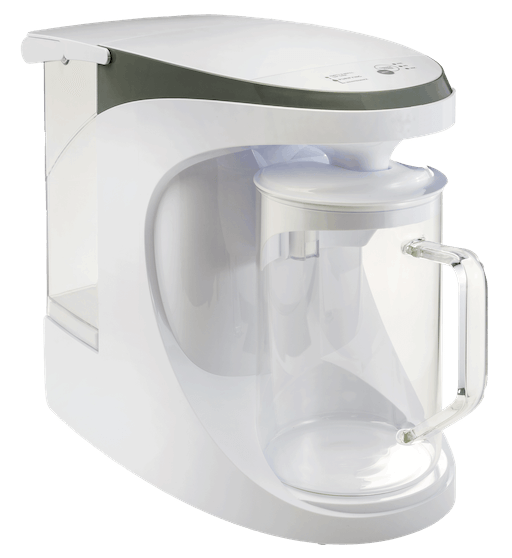
Stop Wasting Money!
Are you spending money every month on Bottled Water for your home or office? That adds up quickly and with inflation, it’s only going to cost more tomorrow.
With the NEW purAsure Counter top Reverse Osmosis System you never have to pay for another case of plastic bottles! Get yours before the price goes up and Enjoy cleaner, healthier water on demand!
Formerly called the National Sanitation Foundation, this internationally-respected independent certification organization sets industry standards and puts products through intensive testing to measure their performance against manufacturer claims.
As we’ve covered previously, “salt-free water softeners” like those from Pelican don’t meet this certification, and therefore licensed plumbers aren’t allowed to install them in new buildings.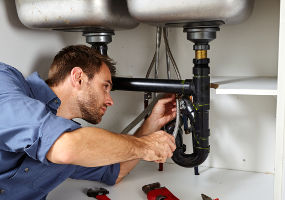
On top of the product itself being certified though, plumbing appliances have to be installed by a licensed plumber who first applies for a permit. Didn’t the definition of plumbing appliances exclude softeners from that requirement, though? Well, it’s a bit more complicated than that.
Why Do Water Softeners Have to Be Installed by Licensed Plumbers?
When the codes were first written, water softener designs were different than they are today. Back then, a 3-valve bypass was usually installed right after the water meter. The water softener itself, consisting of an exchange tank, could then easily be attached later.
As a result, water softeners were exempt from certain requirements because the exchange tank didn’t directly connect to the water or sewage lines. A licensed plumber was required for the installation of the rest of the system including water filters and water heaters, but not for the attachment of the water softener. To this day, the codes still say that a licensed plumber is required for installing filters and heater but not softeners, because they were written when 3-valve bypasses and exchange tanks were the norm, and don’t account for modern self-cleaning systems.
The designs have changed, and that old language in the codes is misleading to consumers. New water softeners commonly have both softening and filtration components, and are tied to the sewer line. Servicing these systems is still exempt from requiring a licensed plumber, but the installation process isn’t. If you don’t get a licensed plumber to get the right permits and properly install these new systems according to code, you’re exposing yourself to serious illnesses.
For an example of just how dangerous this is, look no further than Aquakleen. In 2012 they had to pay a family nearly $1 million after a judge ruled that “…Aquakleen’s installer, who was not a licensed plumber, installed the system improperly, creating a ‘cross-connection’ between the Aquakleen system and a sewer pipe in the home.” A member of the family was diagnosed with Crohn’s disease, and subsequent investigation found that all 58 of this contractor’s water softeners were improperly installed, with 20 of them connected to sewer lines.
The same company was sued in 2009 for using phony water tests to sell unnecessary systems to over 40 Latino families throughout Oregon, and again in 2014 for selling improperly-installed systems to over 150 Spanish-speaking residences using false advertising during the “cooling-off” period of their contracts. This shows how untrustworthy providers like this can operate for years and defraud hundreds of families before they’re found out.
So, is saving a bit of money worth suffering a painful illness like Crohn’s disease for the rest of your life? We don’t think so. That’s why at Angel Water, our team of licensed plumbers installs NSF-certified products using the proper procedures required by code. We’ve been the go-to experts for water-treatment in Barrington, IL and the Chicago area for years, and our top priority is to ensure that you and your family have access to healthy, clean water. Give us a call at (847) 382-7800 and make sure your system is set up the safe way.
Want Softer Water? Schedule an Appointment Now!
Find out how a water softener can help protect your home from hard water damage. Schedule an appointment with our water specialists today to explore the best solutions for your home.
